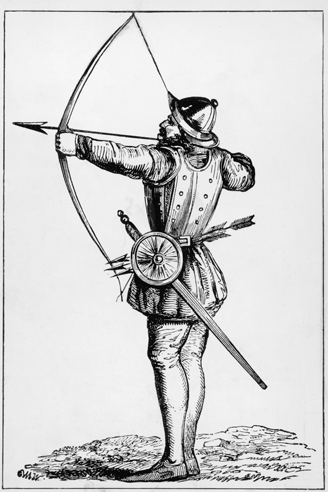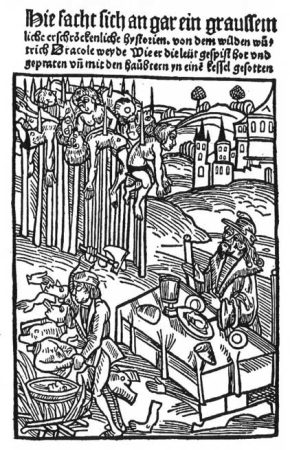One of his tomes, the ornately titled A Thousand Notable Things of Sundry Sorts, was a disjointed collection of recipes, hints and medical receipts, gathered from various sources. Like others of his era, Lupton’s tips ranged from practical common sense advice to Paracelsian nonsense and bizarre wives’ tales.
For example, to “clear and strengthen” your eyes, Lupton says to “wash them in the morning with your own water [urine]”. To stop a nosebleed, tie a thin thread tightly on your little finger. To strengthen the vital parts and “chief members” [genitals], or to avoid the plague, drink “burning gold quenched in our wine”. To kill intestinal worms, drink ox gall. If you’ve lost your voice, go to bed with a piece of raw beef tied to your forehead. For haemorrhoids, apply black wool or brown paper.
For warts, Lupton cites a common medieval treatment:
“Cut off the head of a quick eel and rub the warts all over well with the same blood, as it runs from the eel, then bury the head of the said eel deep in the ground. When the head is rotten, they will fall away.”
For chronic tooth decay and pain:
“The powder of earthworms, mice dung or a hart’s tooth, put into the holes of teeth that be worm-eaten, doth pluck them up by the roots, or make them fall out without any other instrument.”
Finally, Lupton offers a means of lighting your home, three centuries before the advent of electricity:
“Worms that shine in the night, called glow worms, being well stopped in a glass and covered with horse dung, standing there a certain time, will be dissolved into a liquor, which being mixed with a like proportion of quicksilver [mercury]… and then put up in the midst of a house will give such a bright light in the dark, as the Moon doth when she shines in a bright night.”
Source: Thomas Lupton, A Thousand Notable Things of Sundry Sorts, 1590 ed. Content on this page is © Alpha History 2019-23. Content may not be republished without our express permission. For more information please refer to our Terms of Use or contact Alpha History.


